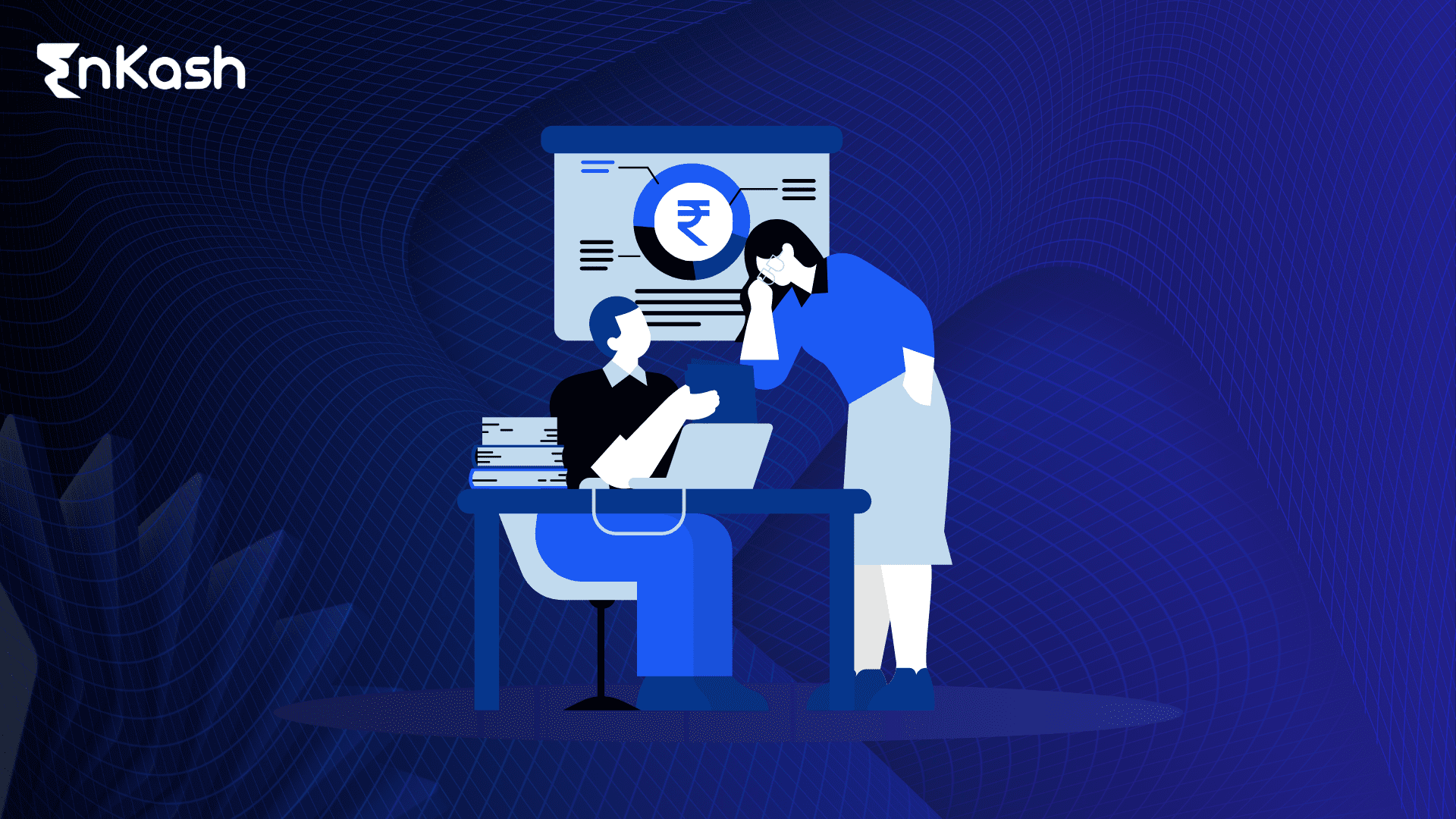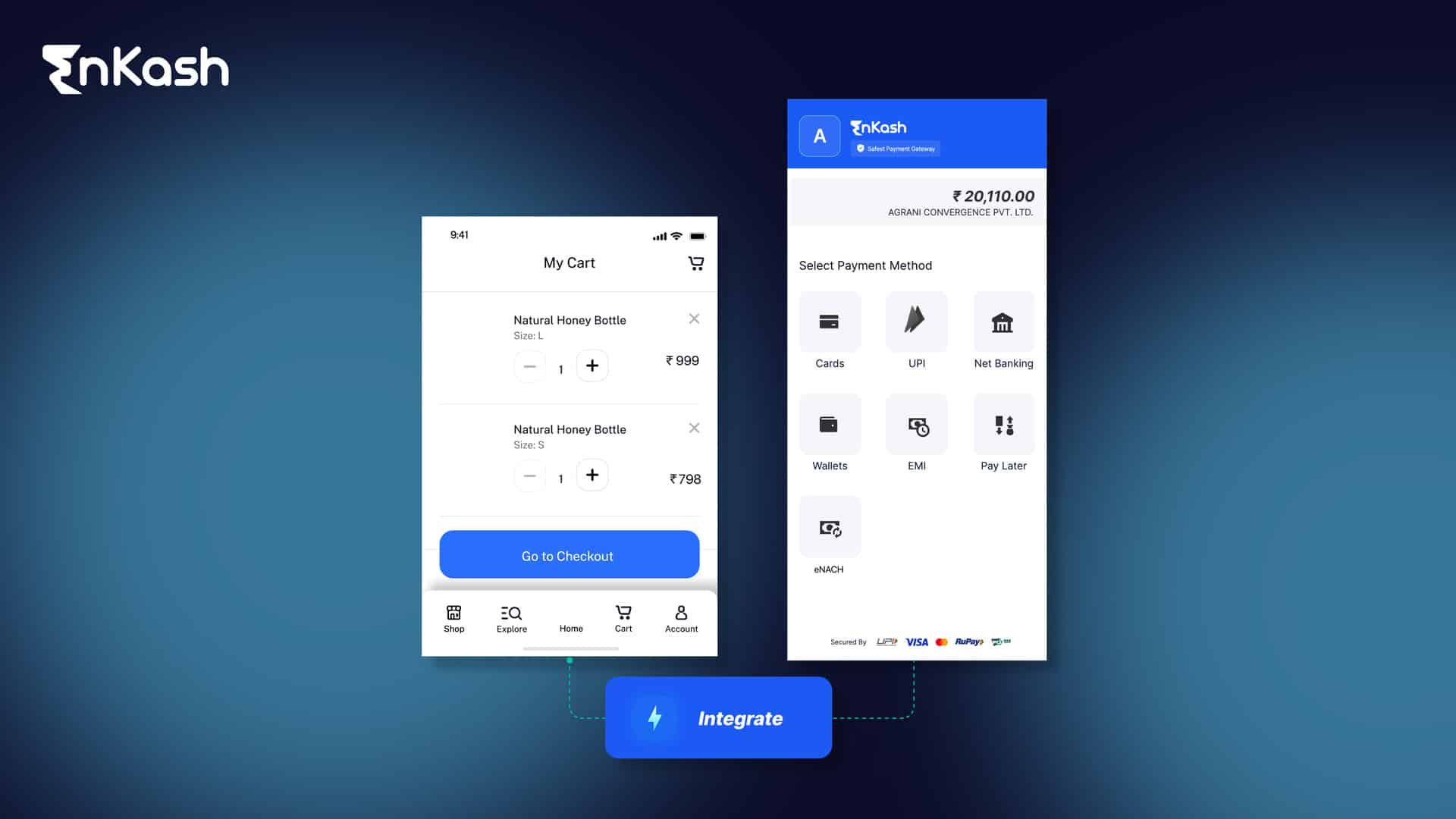It’s important to manage your finances efficiently and one aspect that needs more focus is discretionary spending. Discretionary expenses contribute greatly to how we manage our budgets and financial objectives. This blog aims to discuss the definition of discretionary expenses, gives examples, discusses how to budget for them, and provides tips on how to minimize them. Whether for personal finances or a business, understanding and controlling discretionary expenses is vital for long-term financial success.
What is a Discretionary Expense?
A discretionary expense refers to the kind of spending that is not necessary for basic survival or day-to-day living. These are purchases or payments for goods and services that a person can do without, or postpone based on their financial standing then. In contrast to non-discretionary expenditure, which consists of unavoidable expenses such as rent, power, food, and medicine, discretionary expenses are generally in connection with personal preferences and lifestyles.
As the name suggests such expenses also pertain to those expenditures which satisfy “more than mere needs” & are not absolute. They say, every individual has some fixed percentage of his or her budget or spending, which is termed as discretionary spending and it is flexible depending on the income and the individual’s preferences and aspirations. Discretionary categories are used as a means to control budgets if the individual undergoes a period of financial difficulty or wants to concentrate on building up their savings.
Key Features of Discretionary Expenses:
Non-essential:
Discretionary expenses usually do not have a payoff at the end of them in order for one to live every day. They are unlike basic necessities which may include food, water, shelter et cetera in that they consist of goods and services that you may wish to have but may also decide to go without or even delay obtaining them.
Adjustable:
As they are non-essential, most likely these expenses can be minimized or even completely cut off especially when the individual finds himself in a period of financial constraints or whenever he has to concentrate on his or her savings focusing on the future.
Associated With Lifestyle:
These expenses are often tied to enhancing personal comfort, leisure, or enjoyment, rather than being essential for basic living.
Types of Discretionary Expenses
Discretionary expenses encompass a wide range of spending categories that are non-essential and can be adjusted based on your financial situation. These expenditures differ from one person to another owing to varying lifestyle choices and individual preferences. Here are some of the most common discretionary expenditures:
1. Entertainment and Leisure
Leisure activities such as vacations, movies, memberships to movie streaming services, and attending theater performances: Watching movies or paying for movie streaming services such as Netflix, Hulu, or Disney Plus is an excellent example of an unnecessary expenditure. These kinds of activities serve the purpose of resting and having fun but are nowhere near required daily.
Workouts or fitness centers: Similarly, getting a fit body or enrolling in sports activities along with purchasing a gym membership tends to be associated with this expense category. It is well-known that an individual’s health will greatly benefit from engaging in physical exercises.
However, the decision to enroll in a certain kind of gym or engage in top-notch sports activities is a non-essential expenditure.
2. Luxury Products
Luxury clothes, electronics, jewelry, and expensive cars: Buying branded dresses, the latest tablets, luxurious timepieces, or high-end vehicles is a standard non-essential. Such items create a sense of prestige or self-gratification for the individual but cannot be classified as basic needs of an individual. These purchases are often influenced by personal desires or social status, and can usually be delayed or avoided if needed for financial reasons.
3. Travel and Vacations
Airfares, hotel bookings, and sightseeing excursions: Leisure travel is a perfect instance of a non-essential expense. Although it can be enjoyable, it is not a basic need and requires excess expenditures on airfare, hotels, and entertainment activities. Most people have a very enriching experience while taking vacations. However, some people opt to delay or reduce vacation costs to save or meet other critical expenditures.
4. Dining and Beverages
Restaurants, cafes, takeout, and other food-related pleasures: Eating meals outside the home, whether in a fancy restaurant or in a simple coffee shop, is another very common type of non-essential expenditure. Everyone has to eat to live but where and how to do it is within one’s preferences. This includes takeout food, gourmet desserts, and alcoholic beverages as well.
Dining out spending is elasticity in nature and can be controlled in order to cut costs or reallocate resources towards more significant expenditures.
5. Subscriptions and Memberships
Digital subscriptions like Netflix, Spotify, gym memberships, or professional associations: Monthly subscriptions towards provision of entertainment, education or fitness services is also optional. Whether it is a payment for services such as Spotify for music, joining gyms and fitness centers, these are all extra services to enhance comfort and pleasure but can mostly be reduced or suspended when need arises.
Why Understanding Discretionary Expenses is Important
It is necessary to comprehend an individual’s discretionary expenditure in order to keep the expense in check and maximize the budgetary provisions. Below are some of the reasons it is very crucial:
1. Flexible Budgeting
Discretionary spending by its nature can be reduced and adjusted with changes of financial targets. This financial space can be used for core purposes like saving for unforeseen circumstances or vital requirements by curtailing on those expenses where saving can be achievable.
2. Stability in Finances
Overall, poorly planned discretionary expenses may lead to expenditures in excess of what is available, leading to financial stress or even debts. Defining these expenses will guide you on better decisions and more debt will not be an issue.
3. Greater Control
When you learn and understand the difference between needs and wants, that is how you will become successful at controlling your finances. This will assist in reducing the probability of making unnecessary purchases, spending more than what is saved, and concentrating on short-term strategies rather than long-term financial objectives.
Thus efficiently controlling the discretionary expenses protects the individual from financial strain caused by unplanned and uncontrollable spending leading to better savings and financial security.
What is Discretionary Expense Budgeting?
Discretionary expense budgeting refers to setting aside a given proportion of one’s income for spending on non-essential items, thereby preventing one from going overboard financially. This strategy helps mitigate the chances of extravagant spending and encourages one to put aside money for essentials and savings. Here’s how it works:
Key Steps in Discretionary Expense Budgeting:
Identify Your Discretionary Expenses
In all such activities of budgeting discretionary costs, the primary focus is on understanding what can be considered a non-essential cost. This may encompass activities like entertainment, eating out, luxurious items, different services, and even holidays.
Set Spending Limits
Having understood the discretionary limits, the next step involves determining how much of the budget to allocate for each category on a monthly basis. This entails looking into the general financial status to appreciate how much one can afford to spend on non-essentials without touching the savings or basic needs.
Monitor Actual Expenditure
After the limits have been assigned, monitoring the expenditure on discretionary items during the month is also equally important. It helps you to maintain discipline and ensures that you do not go beyond your budget.
Make Adjustments Where Necessary
Since disbursement of such expenses is not a constant value, there is a need to check the budget in certain intervals within the period. In the situation of either an increase or a decrease in income or some items under discretionary expenditures do increase, revise the budget and control the expenses to avoid such relative disorders.
Controlling your discretionary expenses allows you to direct your spending towards your financial objectives without compromising on the basic needs and savings.
How to Budget for Discretionary Expenses?
Discretionary expense management is crucial to ensure that the budget is on balance.Here are some detailed steps to help you plan for your non-essential spending:
1. Monitor Your Spending
Start by keeping a record of all your discretionary expenses each month.This includes everything from dining out and entertainment to luxury purchases. One can track their expenses either by using budgeting tools such as excel spreadsheets or financial apps available. This will also help very much in identifying which purpose is spending most of the money and whithin which activity you are spending more than expected.
2. Set Limits
According to your income and financial goals, making available a maximum amount for discretionary expenditure is highly encouraged. These amounts should be realistic considering the mandatory expenditures even like cover rents and paying for utilities. When it comes to the amount fixed for expenditures, it is useful in controlling impulse purchases and more likely encourages appropriate decisions.
3. Prioritize
Not all discretionary expenses are the same. Some will tend to have a more significance or a special meaning than the other. For instance, if one is a foodie and enjoys eating out, he/she may choose to give more money for food and reduce other luxuries. Ordering expenses by importance ensures that the discretionary income is utilized to purchase only those goods and services which fulfill the user’s most pressing demands.
4. Use the 50/30/20 Rule
The 50/30/20 method of budgeting is a commonly used technique that breaks down the income into three segments:
50% for needs (housing, electricity, health benefits)
30% for wants (serving needs better)
20% for future use and debt repayment
Using this rule, you can make sure that your discretionary activity does not take a large share of your budget allowing you to focus on saving and essential activities as much as possible.
5. Review and Adjust Regularly
It is advisable to assess the appropriate levels of discretionary expenses from time to time, together with any changes in income or expenditure patterns.If you find that you’re consistently overspending in a particular category, consider reducing it.
But on the other hand, let’s say you had a very good month and were able to save more than you expected, you just may want to increase the amount of your discretionary budget.
Ways to Reduce Discretionary Expenses
Reducing discretionary expenses is a great way to improve your financial situation without sacrificing your basic needs. Here are some strategies to help you cut back on non-essential spending:
1. Minimize Eating Out
Eating out every other day will undoubtedly raise your expenses on food. Therefore, making more of the meals at home, bringing your own lunches, and cutting down on the take out food, would help more. This is not only going to save you quite a lot of money, but will also allow you to try your hand at different recipes and meal planning.
2. Cut Down on Unnecessary Purchases
You may also consider reducing the size of the intended purchase or avoiding completely the purchase of overpriced luxury goods. Instead of expensive cutting edge technology, fancy fashions and lavish pieces of jewelry reach out for less expensive options. There is a need to understand the difference between a want and a need and look at the reason for purchasing something, whether it would be for good purposes, or will only serve as an eye candy for a very short notice.
3. Reduce Spending on Leisure Activities
Leisure activities such as watching a movie in theatre, subscribing to various video on demand platforms, or attending concerts do come with an extra cost which tends to put a limit on at one’s disposal. Such expenses can be reduced by:
Participating in other activities such as hiking, and biking, or going to public parks, which are free or cheaper
Paying for only 1 or 2 video-on-demand services, and not subscribing to all available services
Stopping payments for services that are hardly used
4. Postpone or Skip vacations
It is well known that a holiday is revitalizing, re-energizing and is of course enjoyable but an expensive activity. When you are on a saving mission, you may not want to embark on that vacation or perhaps you will choose the cheaper holiday. A road trip, staycation or visiting relatives could be an ideal option after which you partake in leisure activities without incurring the expensive costs of traveling to various nations or staying in five star hotels.
5. Reevaluate Subscriptions
Monthly subscriptions, whether it’s for magazines, apps, or online services, can accumulate over time. It is wise to assess all your subscriptions and discontinue the ones that you do not need or use. If there are subscriptions which you are interested in, look for family-sharing plans or other cheaper options that allow you to share expenses.
Conclusion
In conclusion, the ability to control discretionary spending is very important for one’s financial wellbeing. Such expenses are not a necessity, and while spending on them enhances one’s way of living, failure to manage these costs could hinder one’s saving capacity or achieving other important financial objectives. The first step towards overcoming these budgeting challenges, is recognizing the nature of discretionary income, and that it can easily be achieved by setting appropriate boundaries, monitoring one’s spending with the help of a budget, and restricting unnecessary expenditures.
Furthermore, practicing certain measures that encourage reduction or prioritization of non-essential expenditure items such as luxury items or unnecessary memberships creates room for more pressing financial needs. There will be a more coherent understanding of spending habits towards ensuring that those decisions do not conflict with the overall objectives of the business in terms of long-term growth. There is a path toward financial security, optimal saving, and working on one’s financial aspirations while maintaining an acceptable living standard through budgeting and prudent practices.
FAQs
What are discretionary expenses used for?
A discretionary expense refers to a non-essential expense that is incurred by a person, family, or business in a certain period.
What is the largest category of discretionary spending?
The largest component of discretionary spending is defense expenditure
What is the difference between discretionary and non-discretionary expenses?
Discretionary expenses are non-essential and can be reduced or eliminated, while non-discretionary expenses are necessary for survival or business operations.
What is the opposite of discretionary expenses?
Mandatory expenses.
Can discretionary expenses be considered a waste of money?
Discretionary expenses are not inherently wasteful, but they can be if they are excessive or not aligned with your priorities.
Why is it important to manage discretionary spending?
Discretionary spending requires management since it is a key factor in achieving financial discipline and facilitating decision making.
How to determine discretionary spending?
This is estimated by finding out income after taxes and basic necessities or essential costs have been paid. Thus, Discretionary income = Total income – taxes – basic needs.
How much of my income should go toward discretionary expenses?
A common rule is the 50/30/20 rule, where 30% of your income goes to discretionary expenses.
Are there tax benefits related to discretionary expenses?
In most cases, discretionary costs are not tax-deductible unless they are business-related expenses.
Can discretionary expenses vary from month to month?
Yes, Discretionary expenses tend to vary depending on individual tastes and preferences or occasions.













